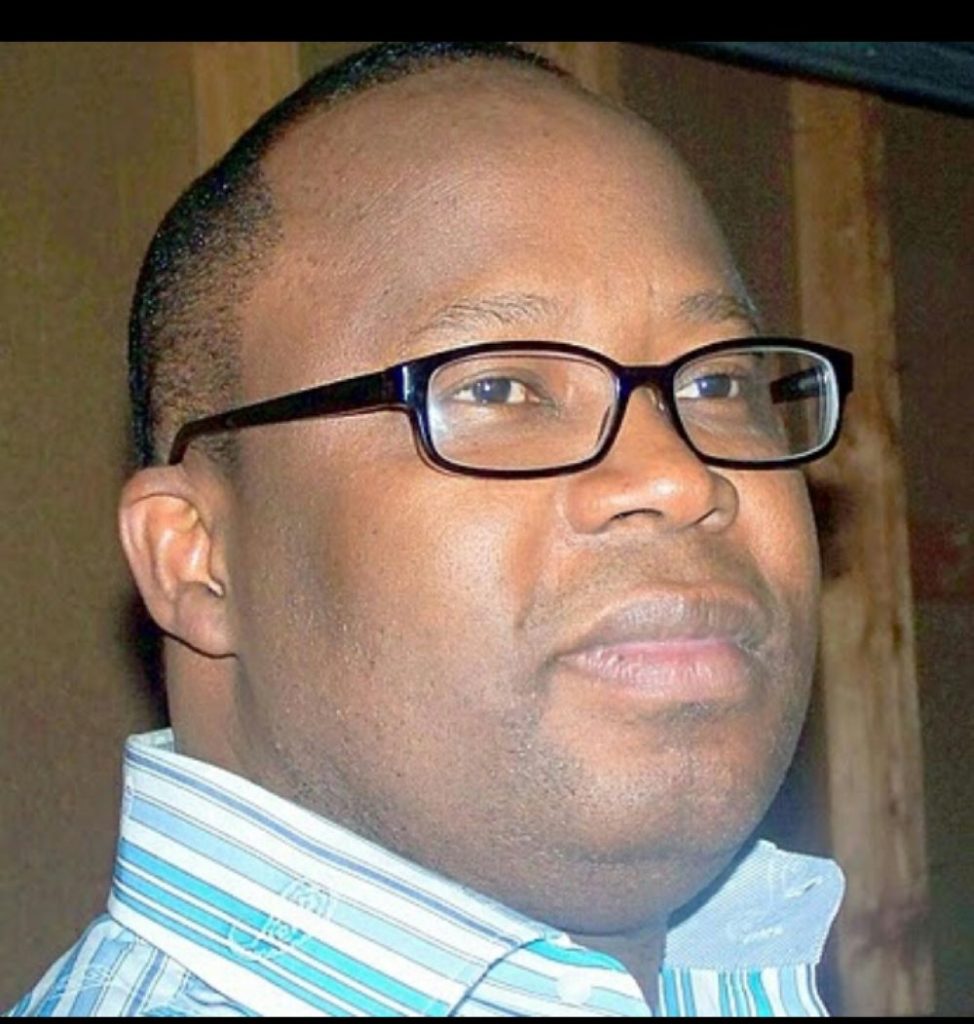In reviewing the governance framework of Liberia, the concept of separation of powers among the legislative, judicial, and executive branches is fundamental to advancing a stable democracy. This principle is designed to create checks and balances that inhibit any single branch from monopolizing power, thereby promoting accountability and safeguarding the interests of the citizenry. The legislative branch, represented chiefly by the House of Representatives, is responsible for drafting and enacting laws reflecting the public will. Meanwhile, the judiciary interprets these laws to ensure they conform to the constitution, and the executive branch administers these laws while overseeing daily government functions. Nonetheless, questions arise about the boundaries of judicial oversight concerning legislative authority, especially in light of significant events, including the recent ousting of Speaker Jonathan Koffa by majority House members.
The legality of Koffa’s removal brings critical issues of rule of law and due process to the fore. The case of Associate Justice Cllr. Kabineh M. Ja’neh also serves as a notable example wherein the judiciary faced significant threats to its independence through unlawful removals orchestrated by legislative votes. These instances, alongside previous displacements of Speakers Edwin Snow and Alex Tyler, highlight a worrying trend of politically motivated actions that compromise constitutional integrity. Such occurrences threaten the fidelity and function of legislative institutions, suggesting that political affiliations and tribal loyalties might overshadow adherence to legal principles. The deterioration of these governance tenets signals a potential crisis in Liberia’s commitment to democracy.
Furthermore, looking at international contexts offers relevant lessons. Nations such as Venezuela and Zimbabwe have faced severe destabilization due to systematic efforts to undermine the independence of their judicial and legislative institutions. In these countries, the erosion of judicial authority and legislative integrity has resulted in widespread civil unrest and institutional chaos. Therefore, the parallels drawn from such global examples serve as a cautionary tale for Liberia. Observing these precedents underscores the importance of a robust framework for separation of powers and emphasizes the dire need for all governance actors to uphold constitutional provisions and legal norms.
The sovereignty of the rule of law demands unwavering commitment from all governmental branches to resist the lure of unchecked power and instead engage in responsible governance. As Liberia traverses a complex political landscape marked by internal strife, it becomes necessary for lawmakers, judges, and executive officials to converge upon a unified commitment to the law. This adherence is pivotal not only for preserving the constitutional order but also for assuring citizens that their rights and democratic processes are secure. Upholding the rule of law must take precedence over partisan politics, ensuring that the broader welfare of the nation is prioritized over individual aspirations.
In contemplating the specific circumstances under which the Supreme Court may intervene in legislative matters, it’s vital to recognize that its role must be limited to glaring instances that involve potential violations of constitutional rights or significant legal issues. Generally, the judiciary should refrain from intruding into the internal mechanisms of legislative bodies unless a clear legal violation is evident. For instance, the Supreme Court might justifiably act when a legislative body unjustly excludes a duly elected member on unconstitutional grounds or when gerrymandering compromises equitable representation.
Yet, the implications of allowing frequent judicial interference in legislative matters are considerably adverse. Such interventions risk undermining the ability of the legislature to self-govern and make independent determinations relevant to its domain. Furthermore, if the judiciary engages too readily in legislative disputes, it may jeopardize its legitimacy and neutrality, eventually becoming entangled in partisan matters that could skew public perception of its impartiality. Thus, while the judiciary plays a critical role in safeguarding constitutional integrity, it must tread carefully to maintain the delicate balance of power, protecting both the law and democratic processes in Liberia.














